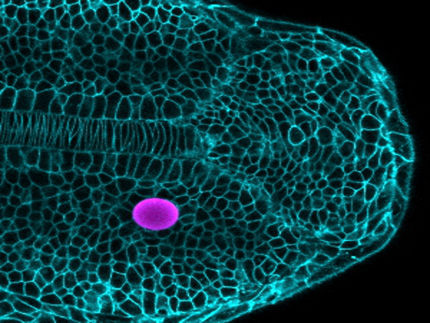genOway and Griffith University sign promising research partnership and exclusive license for olfactory stem cells technology
Advertisement
genOway reported an agreement with the Griffith University on a eight-months research partnership with its Eskitis Institute for Cell and Molecular Therapies focusing on autologous olfactory adult stem cells. This research program is coupled with a world wide exclusive license to genOway for the rodent transgenic business.
This break-through technology using adult stem cells of the olfactory bulb has been characterised on humans, mice and rats. Germline transmission has been demonstrated in mice, thus validating their use for the creation of animal models. The eight-month research program aims at establishing germline transmission in rats using existing rat olfactory adult stem cells. This technology would provide a unique tool for rat models and certain mice strains, which remained unreachable using embryonic stem cells.
According to the terms of the agreement, both partners will each bear the cost of their R&D efforts and genOway will have an exclusive license on the technologies for the creation and distribution of mouse and rat genetically modified models.
Other news from the department science

Get the life science industry in your inbox
By submitting this form you agree that LUMITOS AG will send you the newsletter(s) selected above by email. Your data will not be passed on to third parties. Your data will be stored and processed in accordance with our data protection regulations. LUMITOS may contact you by email for the purpose of advertising or market and opinion surveys. You can revoke your consent at any time without giving reasons to LUMITOS AG, Ernst-Augustin-Str. 2, 12489 Berlin, Germany or by e-mail at revoke@lumitos.com with effect for the future. In addition, each email contains a link to unsubscribe from the corresponding newsletter.






















































